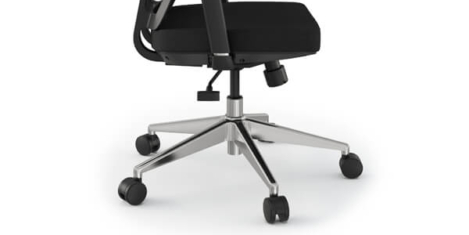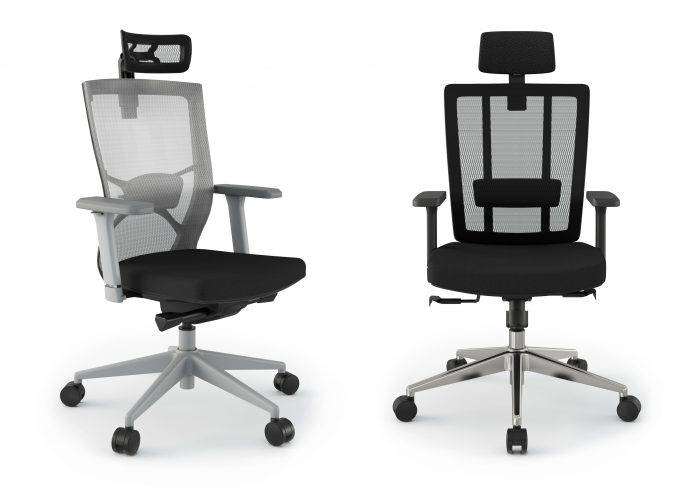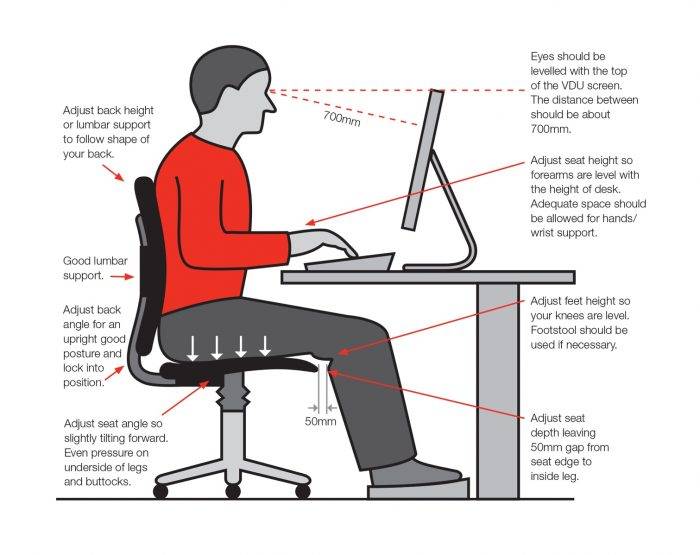February 1, 2019
UK employees confident they will benefit from a ‘buyers’ market for talent
 This year is set to be a ‘buyers’ market’ for the UK’s top professionals, as the nation’s war for talent intensifies. This is according to new research from Robert Half UK, which found that nearly a third (32 percent) of those surveyed believe their skillset will be more desirable over the coming months – even against the current economic and political climate – as the supply/demand imbalance of the UK’s top talent heightens. The current skills in demand include data analysis and digital skills, as well as softer skills such as adaptability, resilience and critical thinking to help complement the evolution of the workplace. (more…)
This year is set to be a ‘buyers’ market’ for the UK’s top professionals, as the nation’s war for talent intensifies. This is according to new research from Robert Half UK, which found that nearly a third (32 percent) of those surveyed believe their skillset will be more desirable over the coming months – even against the current economic and political climate – as the supply/demand imbalance of the UK’s top talent heightens. The current skills in demand include data analysis and digital skills, as well as softer skills such as adaptability, resilience and critical thinking to help complement the evolution of the workplace. (more…)





















 Half of employees say that their working environment has a negative effect on their mental health (51 percent) and wellbeing (49 percent) and two-thirds (67 percent) say that they only ‘sometimes, rarely or never’ feel valued at work. The research by Peldon Rose shows that two-thirds of employees (64 percent) currently have poor or below average mental wellbeing and that the majority (56 percent) claim increasing workloads, followed by a lack of time to focus on wellbeing and exercise (46 percent) are the leading causes of their stress. While half of employees think introducing exercise facilities will help them to better tackle their workplace stress (50 percent) – less than a fifth of workplaces (16 percent) currently provide these facilities, something employers should consider when looking to boost the morale of their workforce.
Half of employees say that their working environment has a negative effect on their mental health (51 percent) and wellbeing (49 percent) and two-thirds (67 percent) say that they only ‘sometimes, rarely or never’ feel valued at work. The research by Peldon Rose shows that two-thirds of employees (64 percent) currently have poor or below average mental wellbeing and that the majority (56 percent) claim increasing workloads, followed by a lack of time to focus on wellbeing and exercise (46 percent) are the leading causes of their stress. While half of employees think introducing exercise facilities will help them to better tackle their workplace stress (50 percent) – less than a fifth of workplaces (16 percent) currently provide these facilities, something employers should consider when looking to boost the morale of their workforce.




 Flexible working is supposed to be a boon to working parents, but it seems it’s not without its disadvantages, as a new academic study has found that part-time working mothers who have the ability to control their own schedule often end up working an increased amount of unpaid overtime. The research from the University of Kent found that for those who gained schedule control over their work there was an increase in the amount of unpaid overtime worked, as on average in the UK men work an extra 2.2 hours a week in unpaid overtime while for women it is about 1.9 hours.
Flexible working is supposed to be a boon to working parents, but it seems it’s not without its disadvantages, as a new academic study has found that part-time working mothers who have the ability to control their own schedule often end up working an increased amount of unpaid overtime. The research from the University of Kent found that for those who gained schedule control over their work there was an increase in the amount of unpaid overtime worked, as on average in the UK men work an extra 2.2 hours a week in unpaid overtime while for women it is about 1.9 hours.
 The collective effort to improve mental health awareness has gained real momentum in recent years and in the workplace there’s growing recognition that mental wellbeing among employees is good for business. But the way we’re working – the ‘always on’ culture, innovation moving at breakneck speed, and a global workforce operating 24/7 – is creating a mental burden among employees that is generating more mental health challenges. According to the City Mental Health Alliance, 44 percent of employers are seeing an increase in reported mental health concerns. Our own research of international business leaders has also shown that two thirds of them have suffered from mental health conditions. This is not only worrying for the individuals but problematic for the wider business, as culture is driven from the top.
The collective effort to improve mental health awareness has gained real momentum in recent years and in the workplace there’s growing recognition that mental wellbeing among employees is good for business. But the way we’re working – the ‘always on’ culture, innovation moving at breakneck speed, and a global workforce operating 24/7 – is creating a mental burden among employees that is generating more mental health challenges. According to the City Mental Health Alliance, 44 percent of employers are seeing an increase in reported mental health concerns. Our own research of international business leaders has also shown that two thirds of them have suffered from mental health conditions. This is not only worrying for the individuals but problematic for the wider business, as culture is driven from the top.








January 25, 2019
The state of the workplace right now? Everywhere and nowhere, baby 0
by Paul Carder • Comment, Facilities management, Features, Premium Content, Property, Workplace design
(more…)